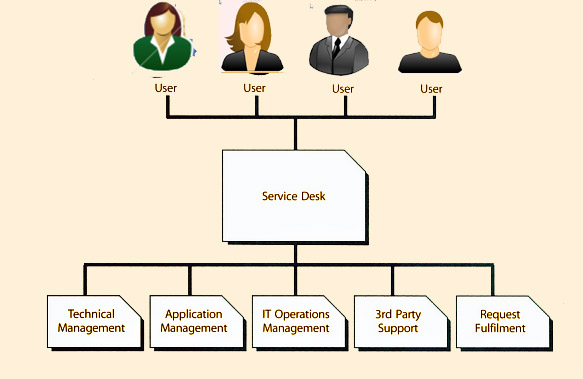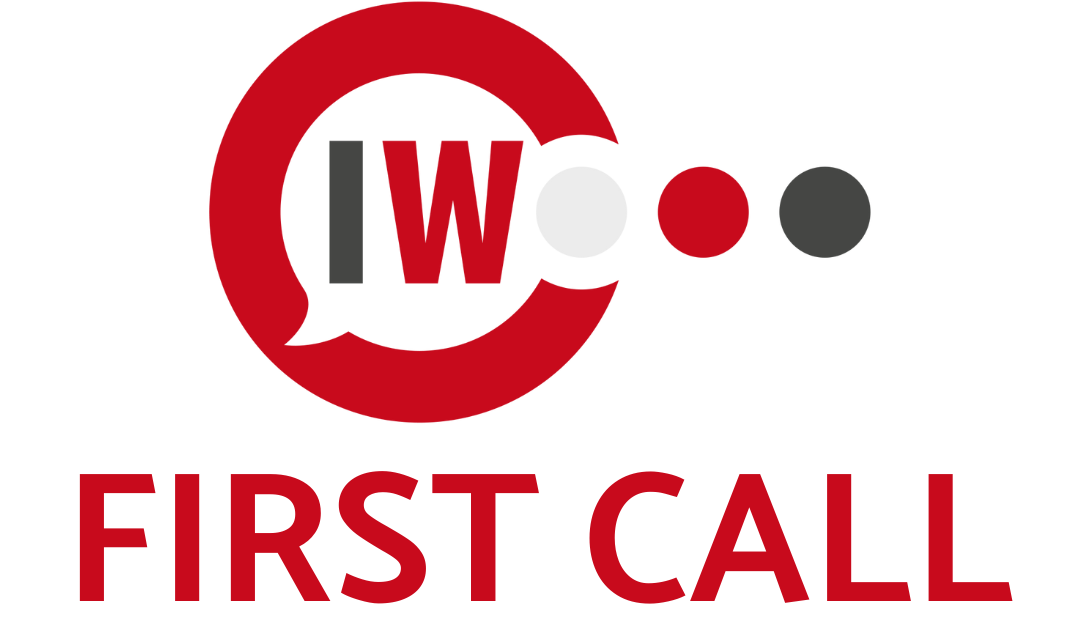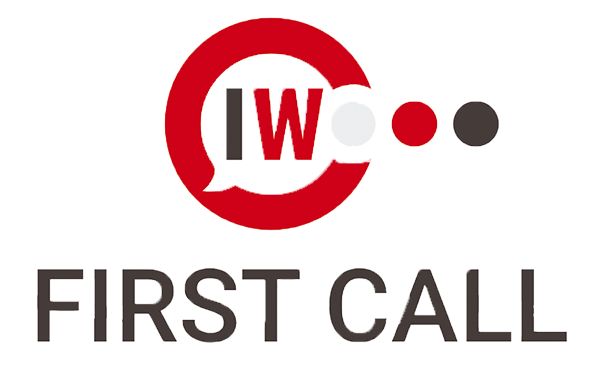A help desk is a person, group, organization, or outer service that an IT user calls to get help with an issue. A help desk can be a physical office where a call center agent takes calls. It also can be a global organization that accepts support requests submitted online or in person from around the world. The help desk function is often outsourced to support specialists.
Commonly, the term refers to centralized help provided to users within an enterprise. A related term is call center, a place that customers call to place orders, track shipments, get help with products, and so forth.

Some common names for a help desk are the following:
- Computer support center
- IT response center
- Customer support center
- IT solutions center
- Resource center
- Information center
- Technical support center
Most organizations of any size provide an IT help desk to support their employees and other internal users of computers, software, and networks. These internal help desks generally provide IT support for all IT hardware, software, and networking products in use in an organization.
Why your company needs a Help Desk?
As your company continues to grow, your and your employees’ demands also increase and while some organizations have an internal IT support team, outsourcing proves to be a better option as it provides multiple benefits. Let’s look at the lists:
1. Quality: Outsourcing your Help Desk to a professional IT service provider will lead to improving the quality of your service along with a decrease in response time. Your company could look at the issues and use this information to improve.
2. Scalability: Your support system also needs an upgrade. With an internal Help Desk, it would consume your time, resources, and investment once the demand increases but when you outsource it, these problems can easily be lessened.
3. Reduce Cost: When you have an in-house tech team, it requires a huge cost because everything must be purchased and maintained – computers, telephone systems to multiple software – in addition to recruiting, hiring, and training.
By outsourcing your IT support, you are eliminating these strains and freeing up more of your resources for other vital services, and saving money at the same time.
4. Easy Management: When you outsource a Help Desk, they will do most of the work for you. As a business owner, you do not have to worry about tracking your internal IT department’s performance, time, and replacement when they leave.
5. Flexibility: If you have an office running a 9 am – 5 pm schedule, you will not have someone working on the Help Desk after business hours which can lead to complaints if a client or employee calls in for assistance. Outsourcing Help Desk support from a professional IT service provider will offer you 24/7 assistance.
A Help Desk is made available to your users or client, so they can convey issues with regard to technology or services. Like in any relationship, the key for it to last is communication. When issues are resolved quickly, it will leave your employees or users in a good light.
Characteristics of a good help desk

No matter the type of help desk, the best help desk software products share the following characteristics:
- support help desk management functions;
- provide a framework for entering new tickets at the initial point of contact with the customer;
- offer service management tools to monitor and manage allocation and completion of customer requests; and
- provide routing capabilities for assigning issues to the team or person best suited to respond to them.
Help desks ultimately depend on the people who provide help to customers. While technical knowledge of supported products is important, a lack of knowledge can easily be supplanted with training and a good knowledge base for the product line.





